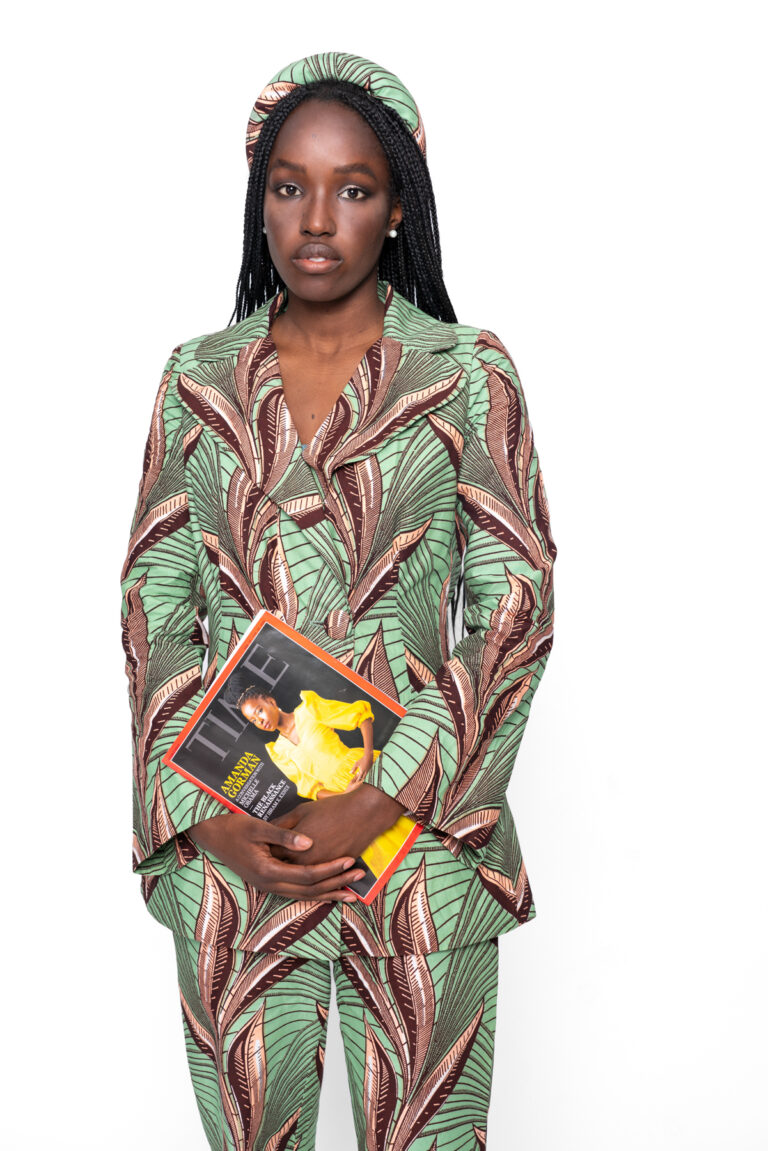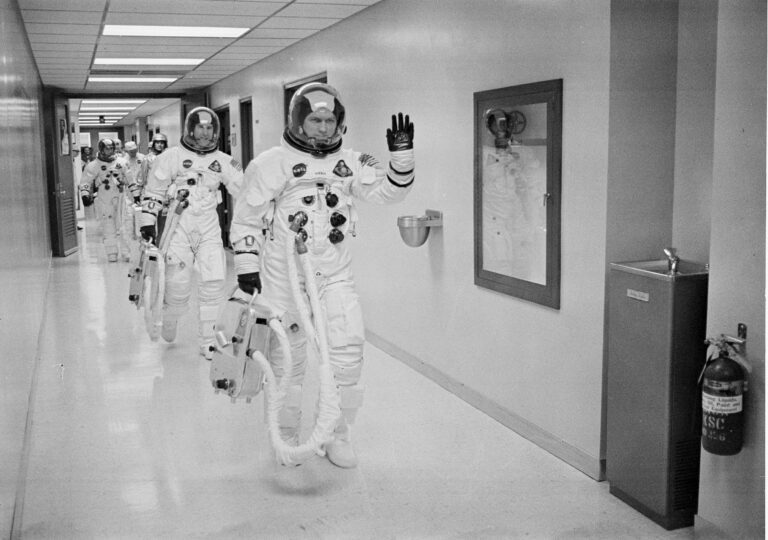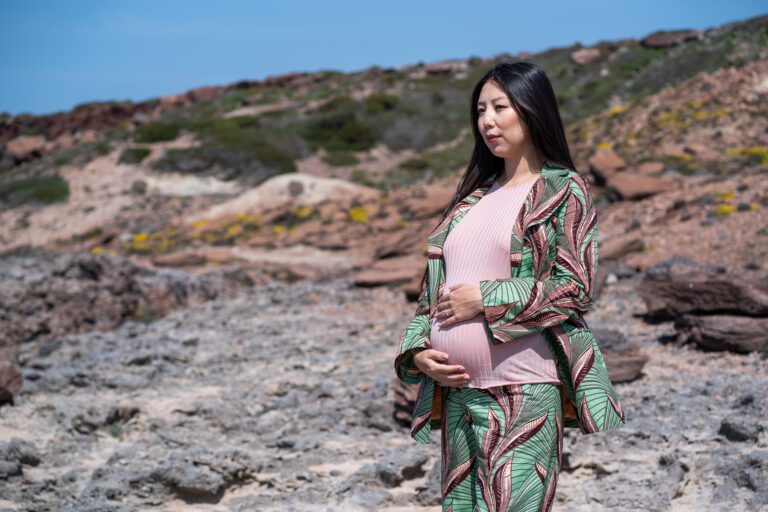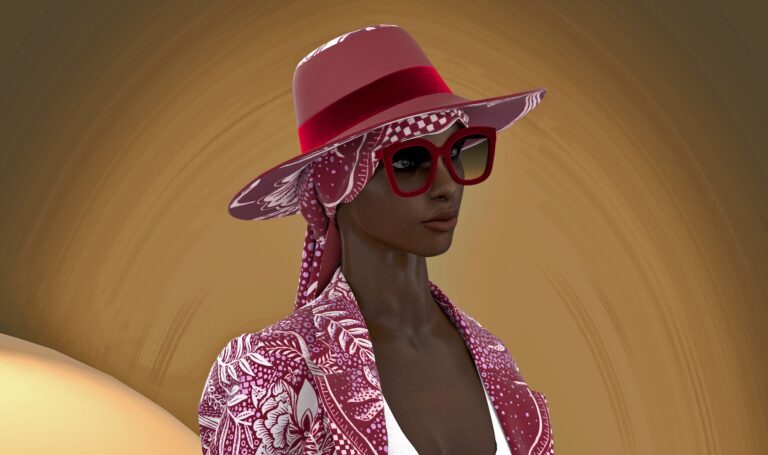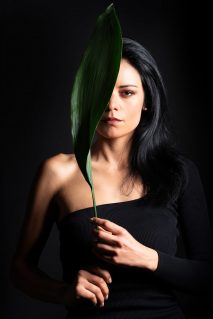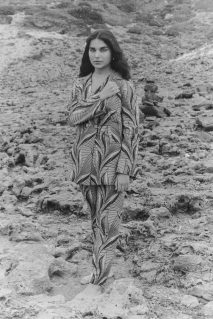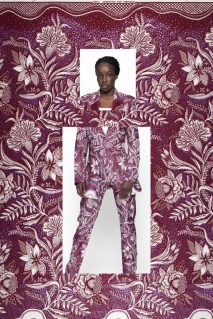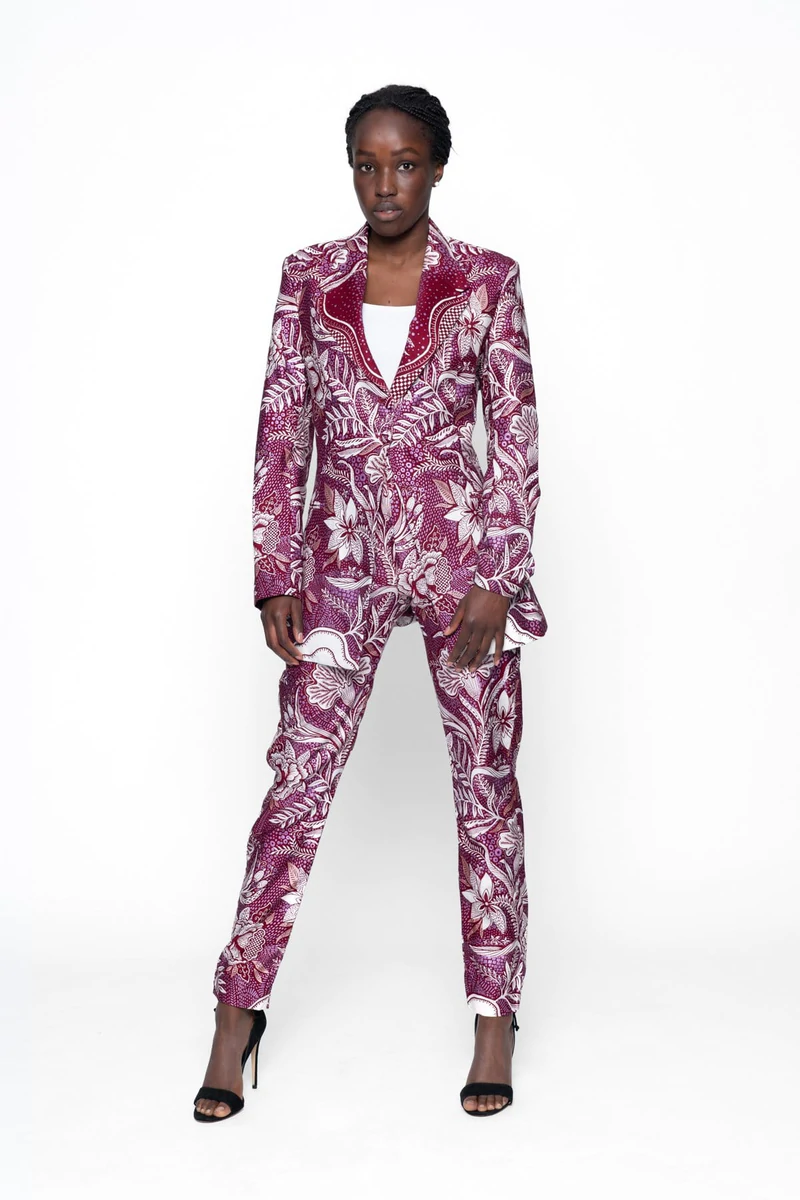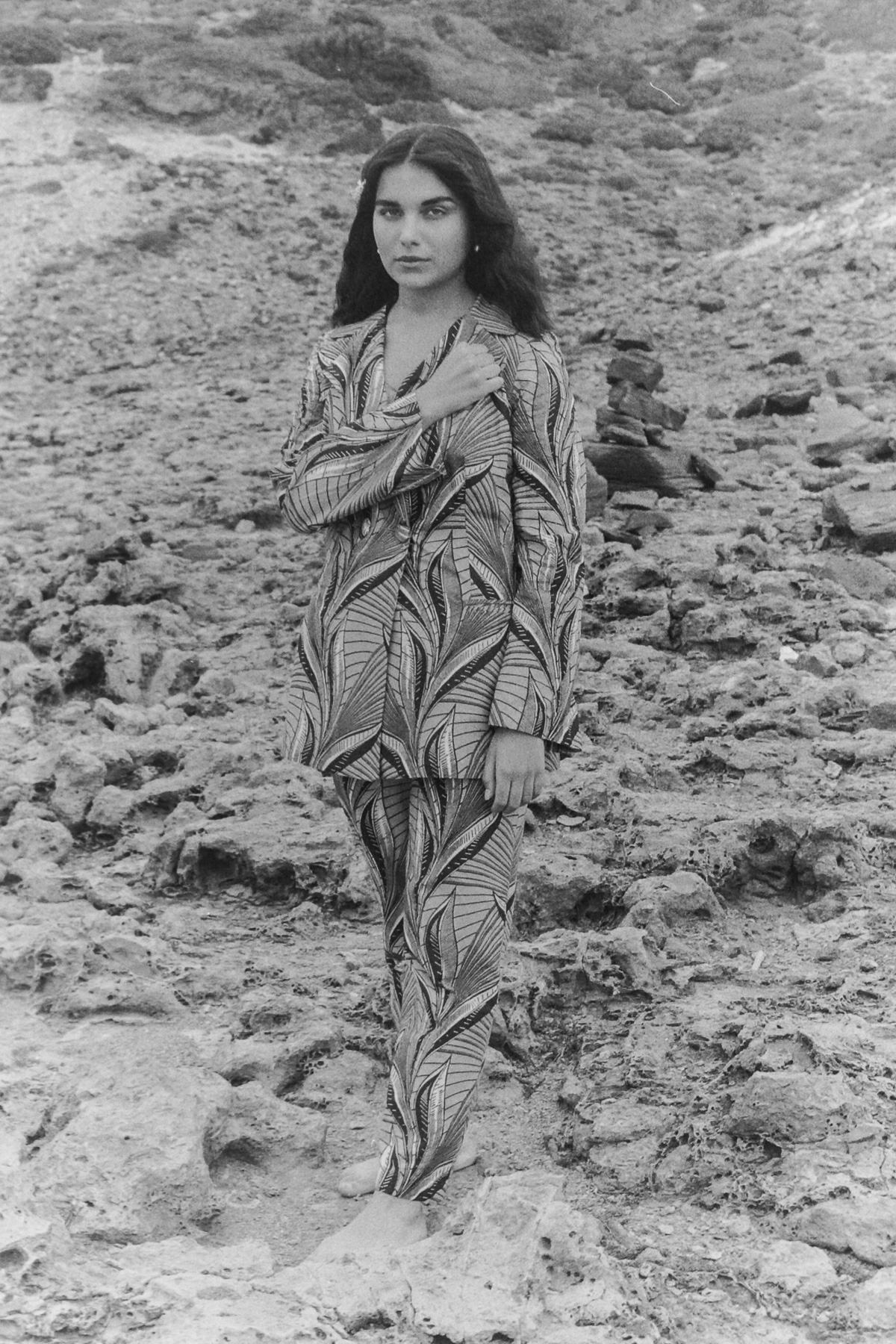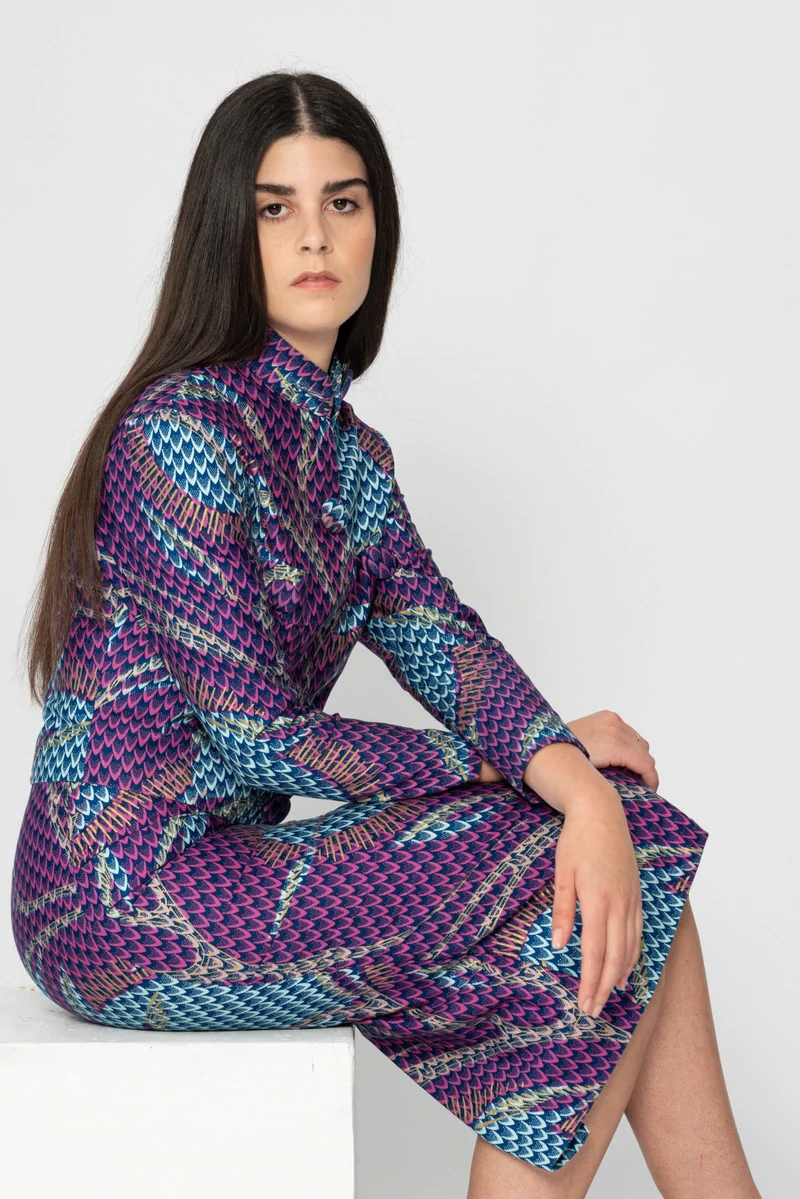collective evolution
Transforming Culture, Growing Prosperity
Before fashion comes culture. Before every clothing item, there are stories of people who made it and whose well-being depends on sewing, weaving, designing, transporting, and selling it. Behind every imprint we leave on the planet is the cultural pattern that can be linked to it.
Those interconnections deserve to be recognized. The voices deserve to be heard. Every item is more than a commodity but an expression of culture, heritage, and work that has brought it life. And while culture is formed through the ways we relate to the world, how we build those relationships needs to change drastically.
We believe that fashion should start paying greater attention to what we can learn from the past, preserving and valuing the heritage it builds upon.
At the same time, fashion should generate new cultural meanings that can help us move towards a more liveable and inclusive future. Every person should be respected for the work they do. Every person should be able to lead a dignified and meaningful life. And this a standard we aim to set.
Ultimately, fashion should contribute to the prosperity of those who make it happen, no matter where along the value chain they are situated, recognizing the energy, the words, and the practices that make it happen, day by day. And we want you to be part of this story too.
In doing so we aim to contribute to achieve the following Social Development Goals:
From Inclusivity to Democratization


Today, fashion is accessible to everyone. You no longer need to be invited to watch the catwalk shows during fashion week. You can watch them in the front row online. The styles from those same catwalks are translated into low quality knock offs by fast fashion brands in no time, making them available for every budget. However, can we really call the latter “democratizing the fashion industry” just because it allows everyone to buy clothes for cheap?
This type of production and consumption neglects to ask the question: Was someone’s life jeopardized so that I could buy an item for next to no money? What will happen to these products and the used materials when I get rid of them? How can they be replenished? Who pays the bill for that impact at the end of the day?
Building threads of freedom
“Whose shoulders do you stand on?
What do you stand for?”
– Amanda Gorman
The world features myriad connections. Some of them are common, others hardly imaginable. Maakola is committed to making and noticing connections that uncover something important about the items you wear: the links between the fabrics’ heritage, the artisans and customers, between item name and the pattern or technique used to produce, between your style and the fabric or shape of the item created for you. Every connection matters, and when they are strong enough, we can use them to build communities that change the usual way of doing things.
Sometimes these groups can become segregated networks. We strive to create and rebuild the links that make sustainable global fashion possible. Our pieces connect generations of strong women from all around the world, shrinking the distance between us. Each piece finds roots in hundreds of women’s voices and each pattern has its unique story to tell.
Then, the tailors co-create our pieces and our co-founders help make our vision a reality. Finally, the Maakola brand ambassadors use their voices to share stories of how our garments empower and uplift them and who help all the voices behind the story of their clothes to be heard.
Inspired by the women who pioneered the Wax Print industry in West Africa, our clothing aims to honor their place in the African and global culture by highlighting and sharing their stories. This process can help us to sweep away the old narratives and stereotypes that used to define Africa.
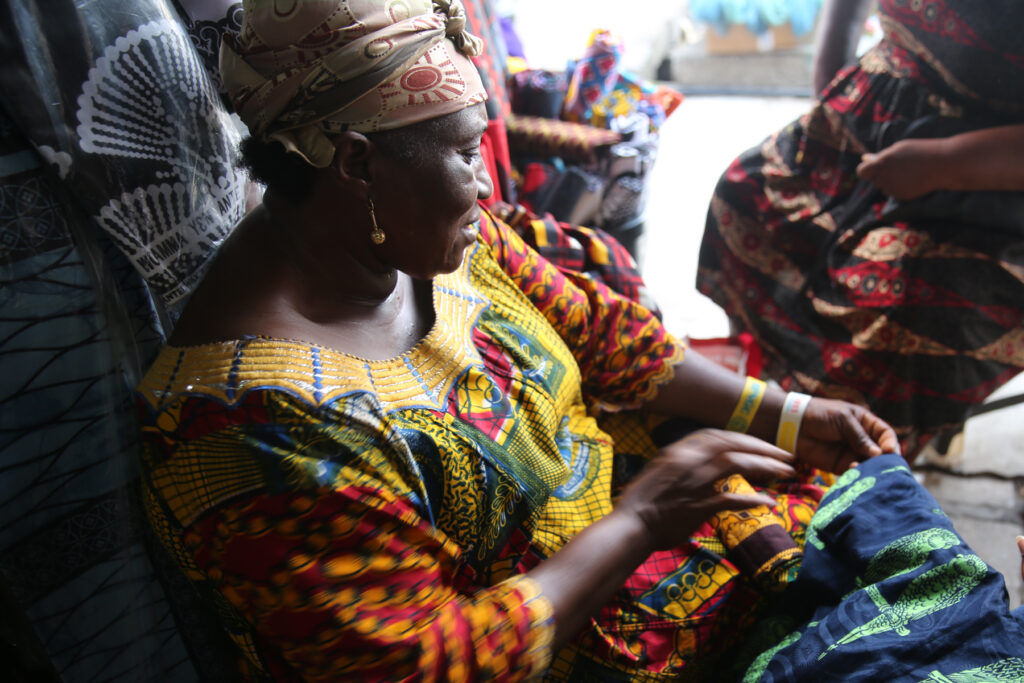

From fairness to equality
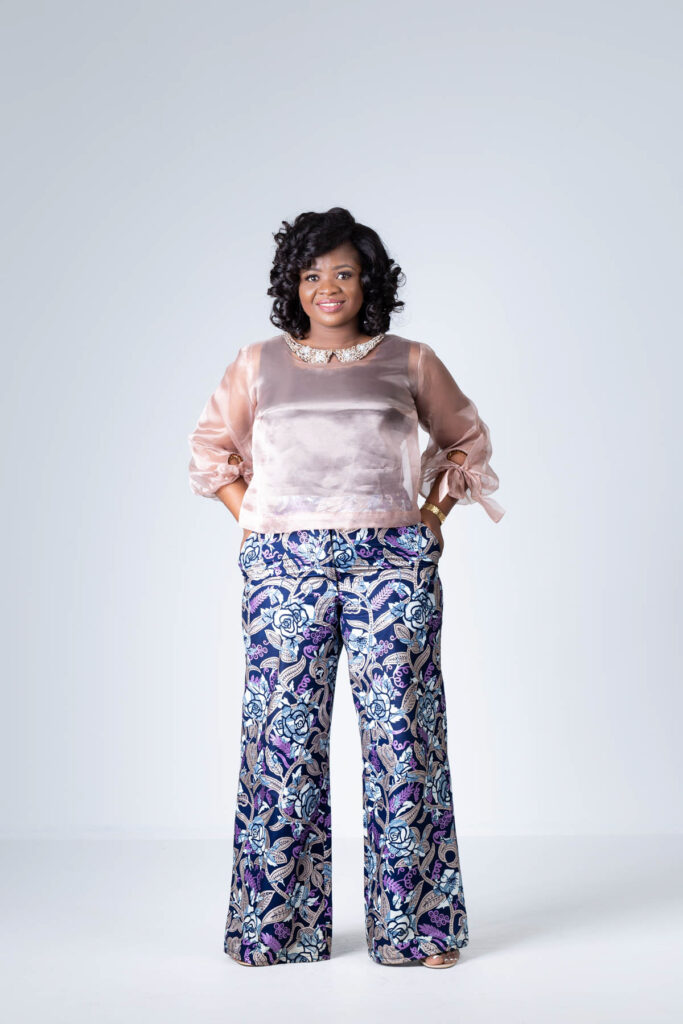

Wages that honor people
While commonly, those at the start of the value chain often get underpaid, we ensure that people at different stages of if are fairly reimbursed and provide decent jobs with salaries well above local minimum wages. A wage that gives them the opportunity to invest in themselves and the people they love. We are committed to ethical production and sustainable fashion, so you can feel good about the clothes you wear. Ultimately, every hand that works on our designs has the dedication, drive, and a deep connection to its heritage. It is this talent and hard work of everyone who makes our Maakola creations so special. Yes, there’s faster, cheaper fashion out there. But when you invest in a piece from Maakola, you’re with us in honoring everyone who contributed to its creation. In the long term, we aim to transition to an employee-owned company. We are in the process of appointing an advisor who can help us to create an employee stock ownership plan (ESOP) specific for our Ghanian tailors. In that way, we can ensure that our artisans from Ghana and elsewhere all have stakes in Maakola’s future and a voice in our fight for social and economic justice.Slow and timeless
Aligning our compass
Seasons are fashion’s economic engine, and that doesn’t work for the planet. We break this pattern by selling Maakola without seasonality and in limited batches. In an industry where the increased number of collections per year pressures designers to produce quickly, in huge quantities, and play a numbers game, we celebrate every item produced and the work of people who have contributed to it. Maakola marks the intersection between Ghana’s textile heritage and story and Italy’s sense of style and quality. Our unique garments blend those two cultures, elevating the best in each of them. By preserving the cultural background and learning from it, we can resist the endless pursuit of fast fashion for novelty and uniquely appreciate every piece. It’s time for clothes to be something more than a commodity. They can also be our compass towards the different world we envision. And the manifestation that this world is possible.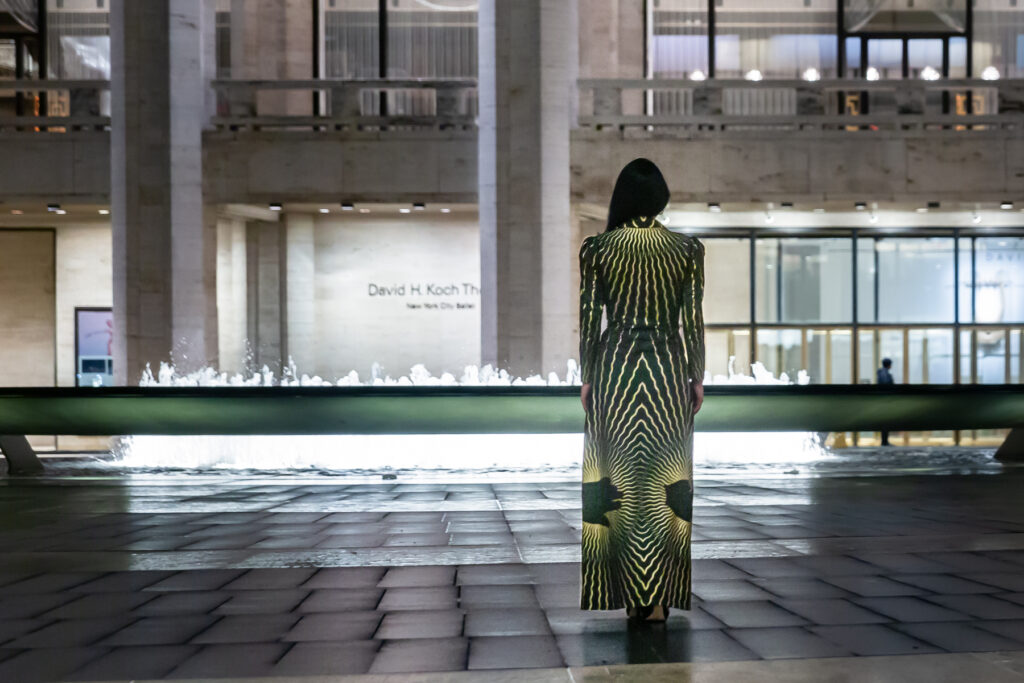

Fashion is politics
